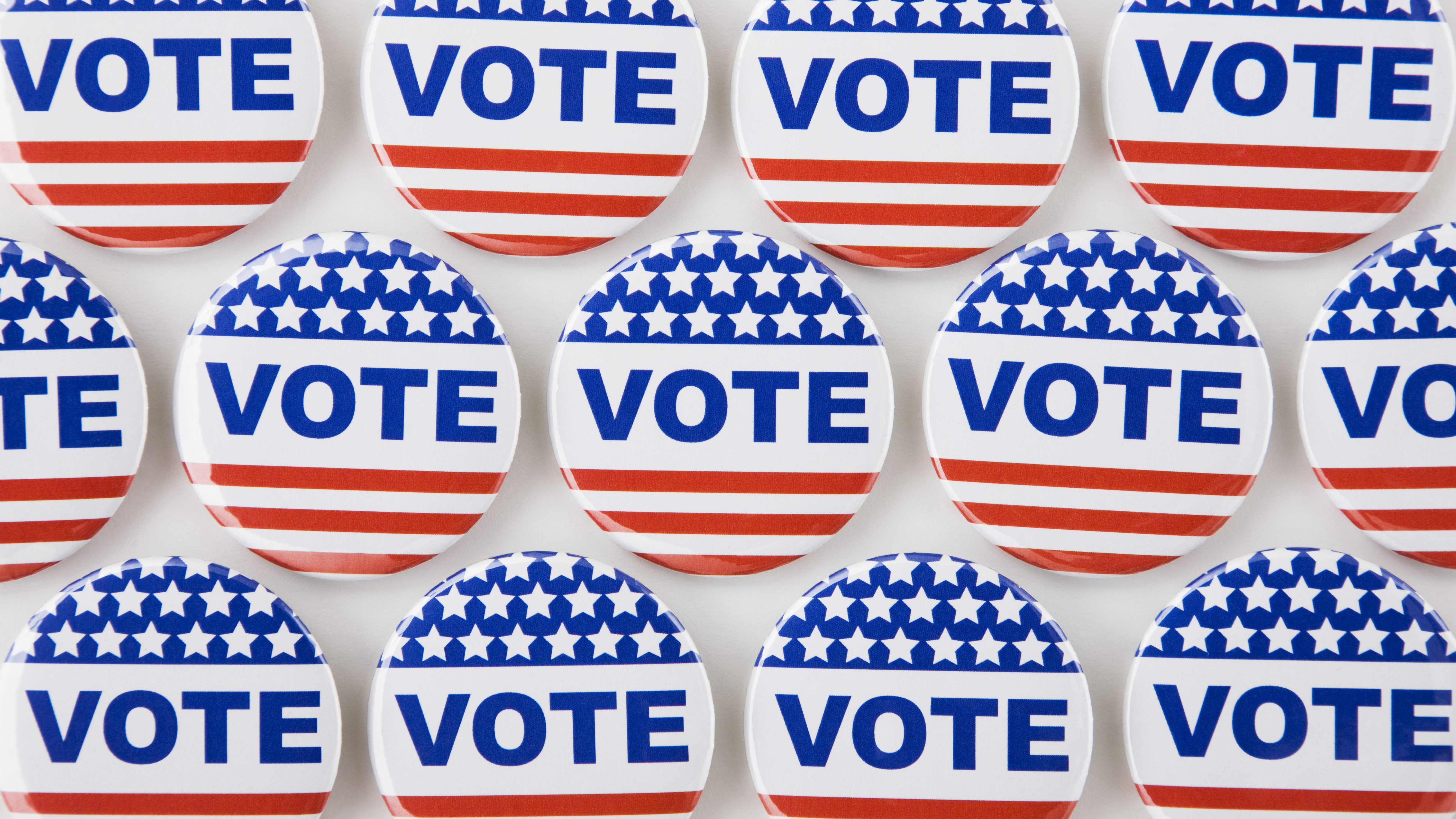The homeless population in downtown San Diego has increased since last year, but police and outreach workers say it’s too early to tell if Proposition 47, a measure that changed some low-level felonies into misdemeanors, could be the reason.
Voters approved Prop 47 on Nov. 4, 2014. It changed some low-level felonies into misdemeanors in an effort to reform the criminal justice system. It also requires misdemeanor sentencing for certain crimes including petty theft, receiving stolen property and forging/writing bad checks when the amount is $950 or less.
Last year, opponents raised concerns that people released from jail could end up on our streets.
In downtown San Diego, according to the latest numbers, there are 130 more homeless people living on the streets than there were a year ago.
NBC 7 Investigates found 50-year-old Lorne Nathan outside the Subway restaurant on 6th Avenue and C Street downtown.
"I'm a certified fiber optics technician,” he said. “I can cut glass like diamonds."
He's not cutting glass when we met him. Today, Nathan is homeless.
"I went to prison for a narcotics offense," he said.
Nathan has a criminal history spanning 28 years. Last March, he pleaded guilty to a felony drug possession charge. The Public Defender's office filed a Prop 47 petition asking the judge to reduce that felony to a misdemeanor, and his request was granted in January.
Since his release, Nathan has been arrested twice, charged with misdemeanor counts of drug possession.
Before Prop 47 those facing a felony drug charge were given a choice: go to prison or participate in drug court, which usually meant 18 months of treatment. According to San Diego Deputy District Attorney, many chose drug court and entered into rehab. But without the threat of a felony, Prop 47 opponents say there is little incentive to get treatment.
Local
"I started to bail out and I went to court and they told me time served," Nathan told NBC 7 Investigates.
Before Prop 47, Nathan's charges would've been considered felonies and there's a good chance his sentencing would have kept him in jail today.
Since Prop 47 passed last November, the homeless population in downtown San Diego has increased by nearly 24 percent. Documents obtained by the Downtown San Diego Partnership show the current homeless count downtown is 677.
San Diego Police Department call records show the number of sleeper calls, when someone is sleeping where they're not supposed to, is up by 30 percent in East Village alone.
"Initially they opened up just one additional staff that they added on to the program, and just this last year they've opened another position, and a couple months ago they hired a third outreach worker,” said Lucky Michael, a homeless outreach coordinator for the Downtown Partnership’s Clean and Safe Program.
She's one of three members monitoring and assisting the homeless for the downtown neighborhood group.
"There are those who are situationally homeless, those with severe mental illness, and those with criminal justice involvement such as AB109-ers and Prop 47,” Michael said.
She said it's too early to tell if there's any link between the increased homeless population and Prop 47 -- a sentiment mirrored by San Diego Police and the former Police Chief William Lansdowne, who co-wrote the measure.
"The homeless population is going up because of some of the economic issues going on and the inability to get into treatment programs. This is designed to begin to fund that," Lansdowne said.
He estimates roughly $100 million from Prop 47 will be available for programs like substance abuse treatment.
Right now, the Downtown San Diego Partnership works with a variety of partners like the Police Department's Homeless Outreach Team and Connections Housing.
Nathan told NBC 7 Investigates he would be willing to enter a detox program if one became available.
Court records show in March of last year, Nathan had been ordered to report to a residential drug treatment program, but when Nathan's felony conviction was reduced to a misdemeanor due to Prop 47, he was put on an informal probation. That means a probation officer isn't checking up on him and there are few, if any, consequences for not fulfilling the terms.



